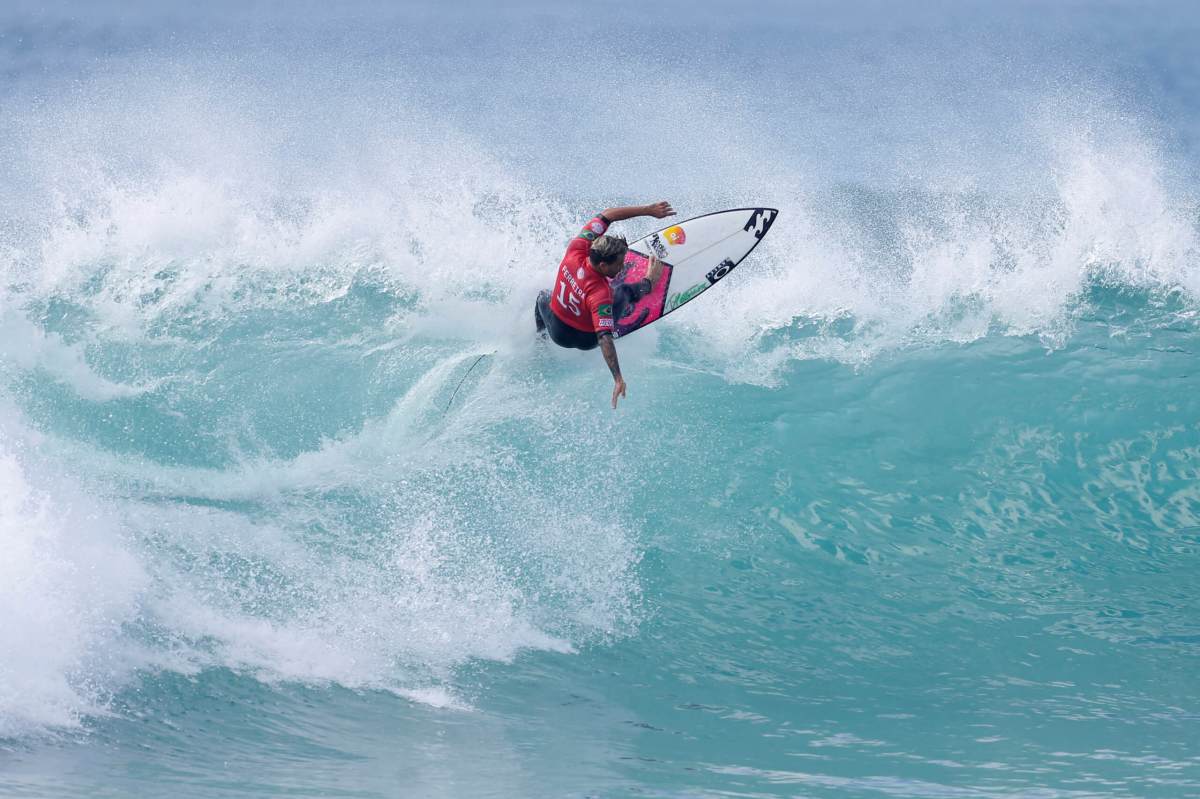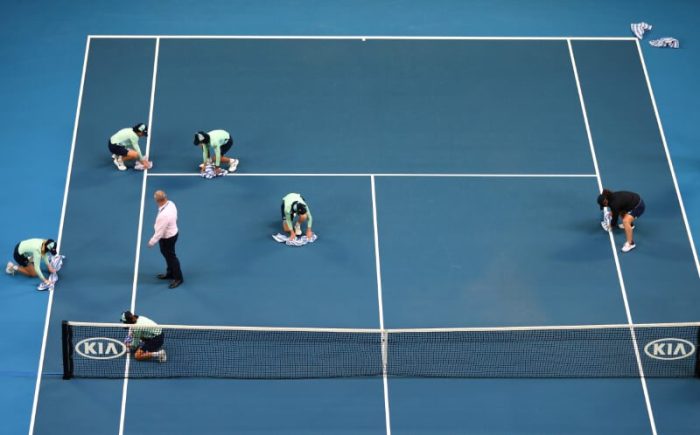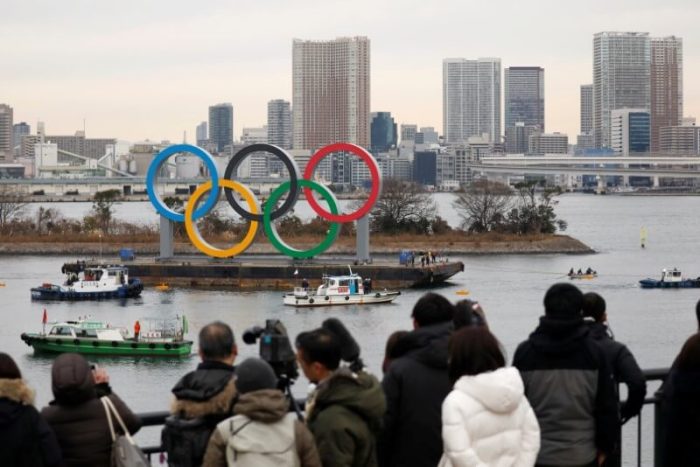By Gram Slattery
RIO DE JANEIRO (Reuters) – On Wednesday, freshly crowned surfing world champion Italo Ferreira sliced through steep, fast-barreling waves off Rio de Janeiro’s Leblon beach and popped several feet into the air.
On the shore, dozens of young fans cheered and shouted as the soft-spoken native of Brazil’s impoverished northeast carved effortlessly through the swell. Most had arrived – parents in tow – for a skimboarding clinic, a close cousin of surfing where riders focus on small waves close to shore.
For Ferreira, one of two surfers set to represent Brazil at the sport’s Olympic debut in Japan this summer, scenes like this help explain how the sport, after decades of trying, finally scored a spot at the Games.
“(The Olympics) is something gigantic for surfing, seeing as just a few years ago, surfing was seen as a sport for bums,” said Ferreira, after exiting the water, signing autographs and snapping photos with fans.
“But now, (parents) bring their kids to the beach, they bring their kids to surf schools, so that they can practice a healthy sport.”
Three and a half years ago, at a meeting just a few miles to the west, the International Olympic Committee added surfing to the Olympic program. While some surfers grumbled the sport was abandoning its nonconformist roots and that surf breaks were already crowded enough without the publicity of Olympic broadcasts, others are on board with the change.
For Ferreira, the focus now will be bringing home a medal for a surf-mad nation, where some urban surf breaks are clogged with hundreds of frenzied surfers before and after work.
In December, Ferreira was crowned World Surf League champion after beating countryman Gabriel Medina, Brazil’s other Olympic qualifier, at the Billabong Pipe Masters competition at the Banzai Pipeline, a dangerous break in Hawaii that has claimed its share of lives. That came after a year of challenges for Ferreira, including family deaths, some poor early performances and a near drowning at a competition in Australia.
The waves in Japan have similar characteristics to his home in northeastern Brazil, Ferreira said, meaning he may have an advantage. In any case, he expects Brazil will be a top contender.
“I think Brazil has a great chance of bringing a gold back to the country,” he said with a grin. “I think I have a great chance.”
(Reporting by Gram Slattery; Additional reporting by Gabriel Stargardter; Editing by Jonathan Oatis)



















